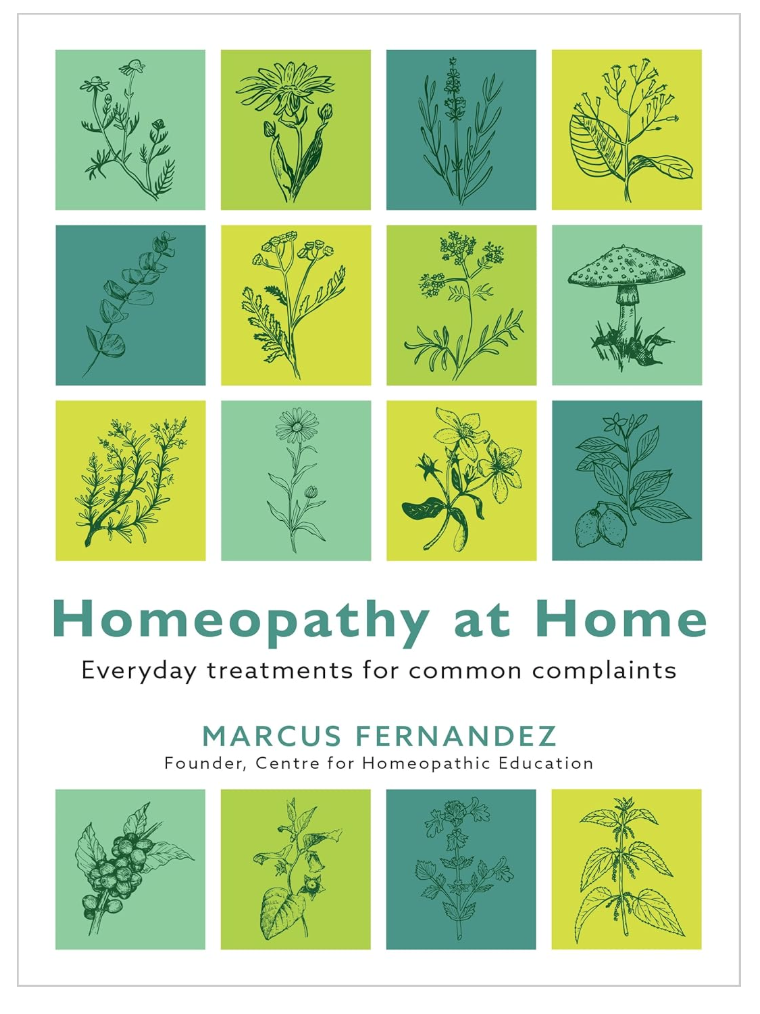Homeopathy is very effective for the treatment of fever in children ( and adults for that matter).
In this blog I wish to share general self-help measures useful for every parent. This article continues my series on Family Care with Homeopathy
I am assuredly not an expert on this matter (my son is now in his 30s!) and so I draw on texts such as Dr Andrew Lockie’s Family Guide to Homeopathy (available second hand from such as Abebooks), pamphlets available from Dr Jayne Donegan and The Waldorf Guide to Childrens Health (Kindle edition).
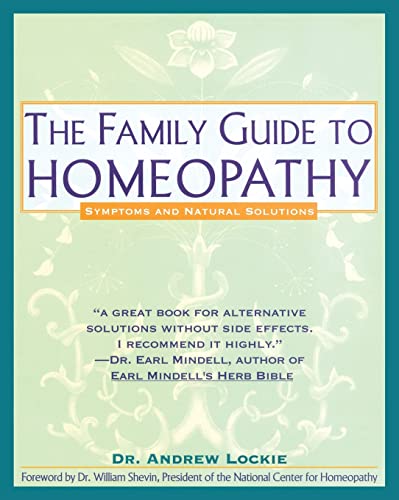
Fever (high temperature above 37 deg.C) is not a disease but a reaction to an infection. It is a normal defence response. You can find some good general guidance on fever in children from the NHS. It has become commonplace to give paracetamol containing products like Calpol but this is of questionable necessity. The elevated temperature aids the immune system fight off infection, reducing that temperature is clearly counter productive to some degree.
Dr Donegan in her downloadble guide defines fever in this way:
“Fever – the chemical reactions required for the clean-out process work more efficiently at a higher temperature, as do the white cells in the immune system that help to scavenge and clean out rubbish”
In the Waldorf Guide pictured below, the authors write:
“Fever is a decisive aid to processing and overcoming the bodily challenges that occur during many illnesses. Other functions and activities, such as eating, digestion, sensory perception, interest in one’s surroundings, play and so forth, take second place to the body’s efforts to produce a fever.”
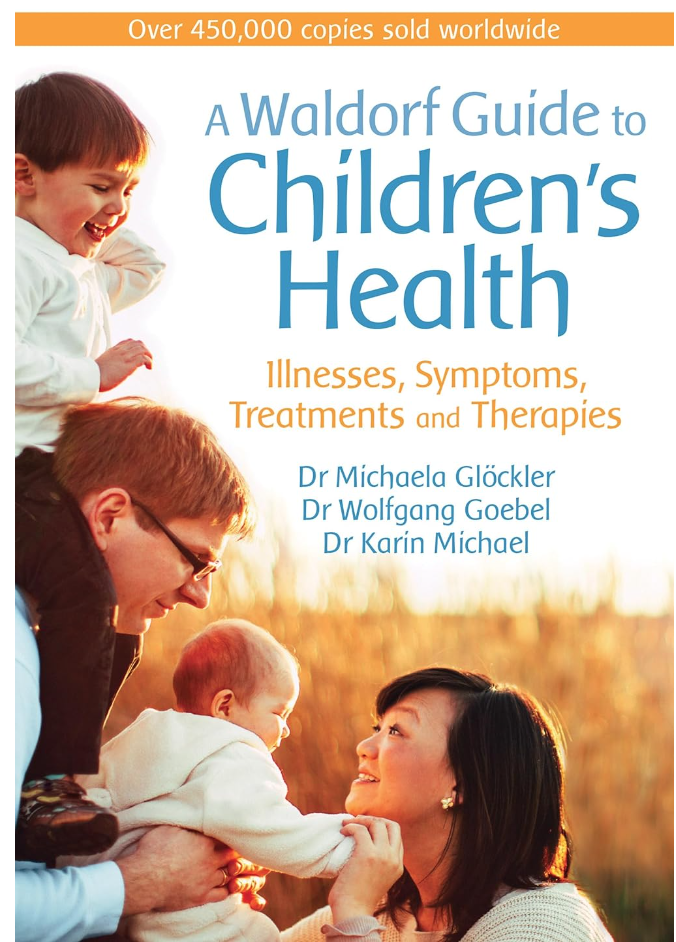
Dr Lockie writes much in a similar vein, noting that there are fevers without a rash mostly of the respiratory sort or ear infections, and those with. Chicken pox comes in the latter category, and such as measles (now rarely seen due to vaccination).
Clearly, there are circimstances when you should contact your doctor, call 111 or go to A&E. In the Waldorf Guide they advise that you do so…
For any fever that significantly impacts your child’s state of health. That is to say accompanied by:
The same source notes that febrile seizures (obviously alarming) are not serious if of short duration (<15 minutes). These result from immaturity of the immune system. But, should they last for greater than 15 minutes or repeat, then seek medical assistance.
Seeking advice in an unfamiliar situation (typical for new parents) is no failure, and it is better to err on the safe side.
But children don’t always fall unwell at convenient times or in convenient places (e.g. you are on holiday) so some first aid measures are worth knowing.
Dr Donegan, offers some good simple advice.
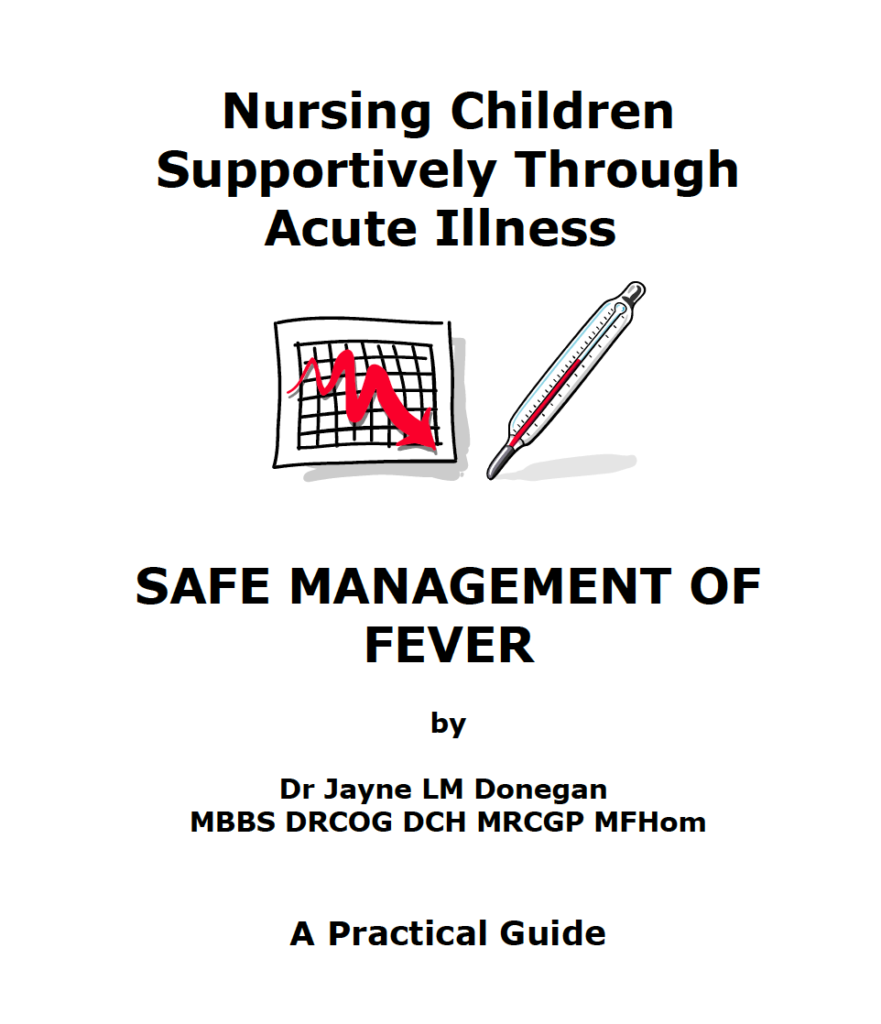
If memory does not fail me! – her advice aligns with my recollection of my late mother’s care for me.
In an age of screens it may seem passé but given that the Mk1 human being has not changed that much, her advice assuredly still holds true:
Children don’t have time to be sick these days, which is a pity as it is an important part of buidling immunity for the rest of our lives.
Dr Donegan says much more, and I do recommend downloading her pdf booklet ‘Nursing children safely through acute illness – Safe Management of Fever’. It costs but £3.50.
Here is a list of common homeopathic medicines available in first aid kits.
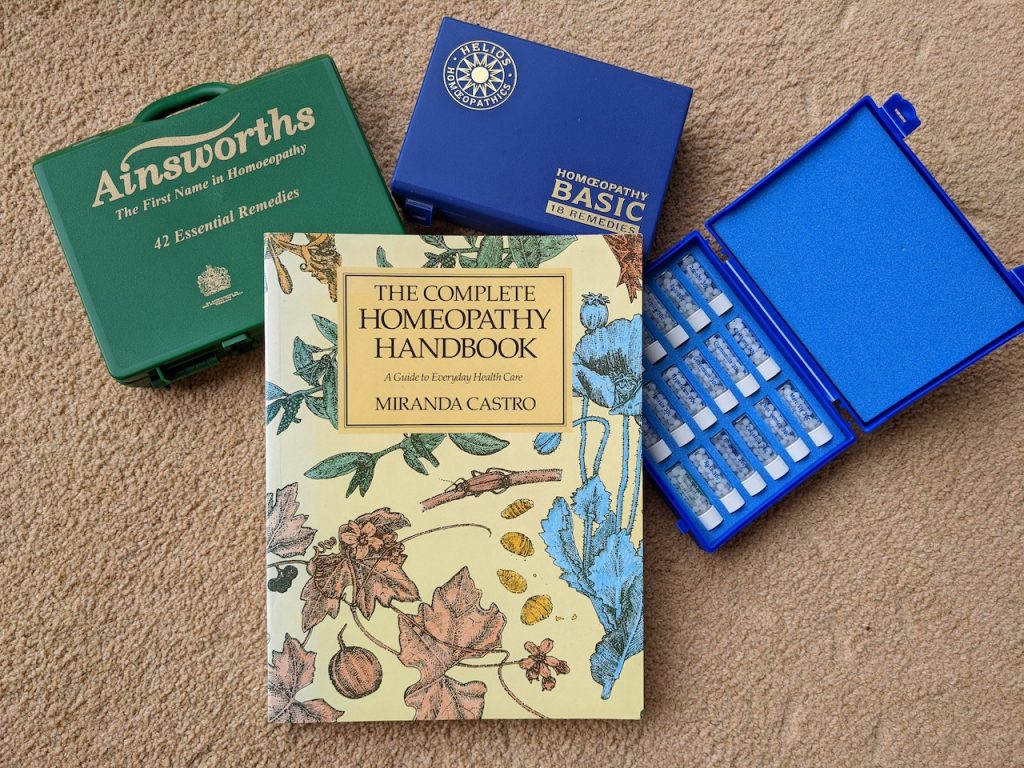
It is worth stating that no medicine – homeopathic or otherwise – makes you or your child instantly well! Well selected, what it will do is shorten the duration of the illness, and help prevent complications such as a deeper chest infection. Children, in particular, have to get sick sometimes, this is now the immune system learns and resilience builds.
Choosing a homeopathic remedy is like finding the right key for a lock. If you don’t see any improvement in an hour or so (give the remedy every 15 minutes), then reconsider the case and try another remedy. Armed with Andrew Lockies book, I well recall my son at about 4 years old with some infection. There was no response to the initial remedies given (aconite likely and then something else). I then decided to try Gelsemium before calling the doctor. His demeanour changed in a matter of minutes – beginner’s luck!
Alas it is not always that quick. I recall a conversation with a homeopathic vet who told me how he gave his feverish child Belladonna through the night and observed the rapid breathing gradually subside. You are looking for gradual improvement.
The practical realities of my time availabilty mean that mostly work with longer term conditions rather that ‘acutes’. However, I would be happy – with appropriate notice – to give a talk to any small group who might be interested in the use of homeopathy for first aid at home. Please, email me at [email protected] if you wish to enquire.
